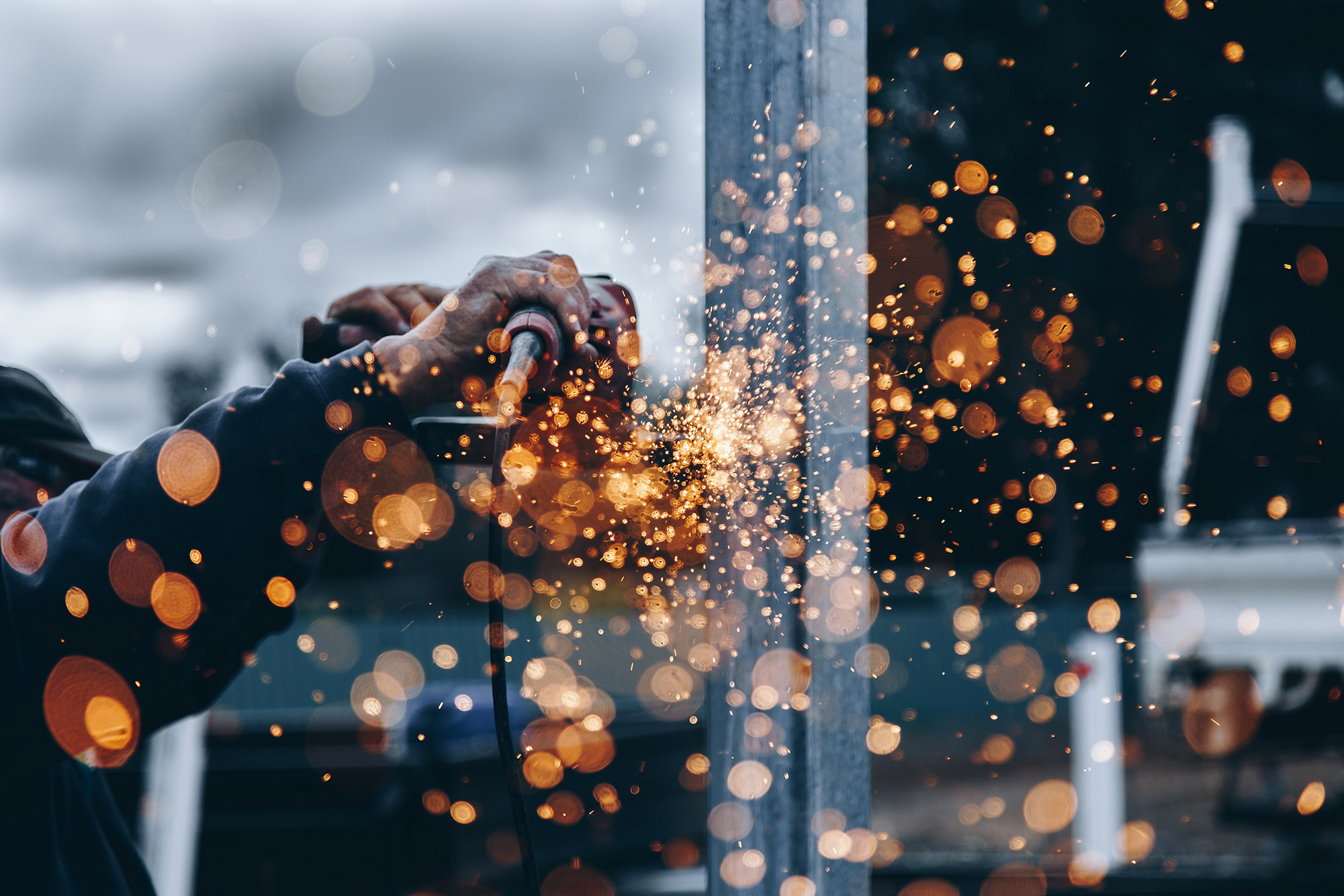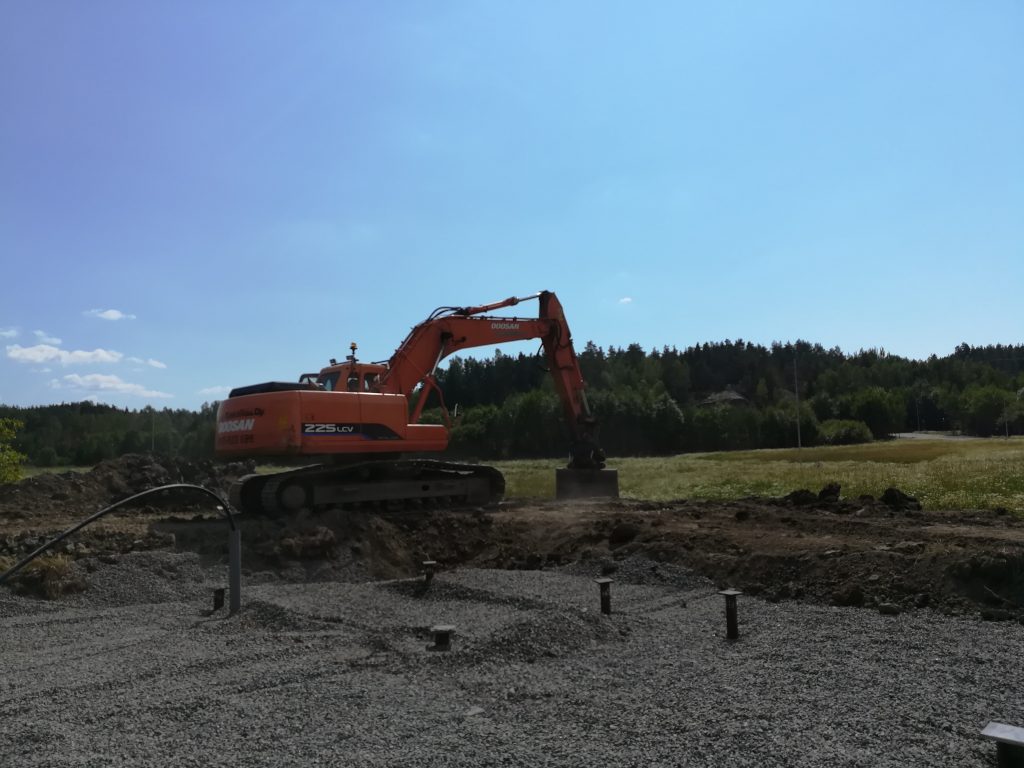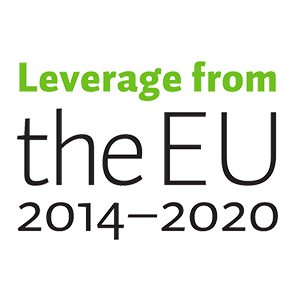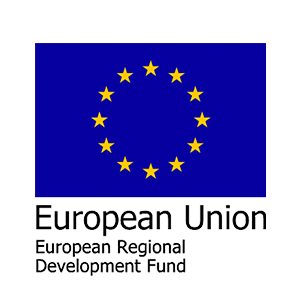
How can the city’s work sites become emission-free?

Emission-free work site: Turku
emission-free work sites, process, cities’ climate targets
Climate targets adopted by also cities require quick action to reduce emissions from the machinery and equipment used in construction and maintenance. Developing sustainable procurement strategies within the city is a multi-phase process requiring coordination, better understanding and cooperation within the industry and between partner cities.
This solution is right for you if
- your city is in the process of developing emission-free work sites and joining the Green Deal Agreement;
- you want to learn more about how emissions from heavy machinery are linked to cities’ climate targets and climate protection; or
- you are in charge of your organisation’s procurement, make purchases for projects in urban environments or coordinate projects related to sustainable procurement or work sites.
BASIC FACTS
- Location: Turku
- Organisers: Urban Environment Division and Central Administration of the City of Turku, Motiva, Valonia
- Time frame: 5/2019–5/2021
Reducing work site emissions is important for achieving climate targets
Heave machinery is used on building and infrastructure construction sites, and cities are planning to achieve significant reductions in the particulate matter and greenhouse gas emissions from these heavy-duty vehicles. According to the City of Turku’s 2018 climate report, heavy machinery and industries accounted for approximately 8% of the city’s annual greenhouse gas emissions. This rate has grown and continues to grow, proportionally, because the rates of the other largest emission sources, or energy and traffic, have started to go down.
The City of Turku has an ambitious goal of becoming climate neutral by 2029, which requires quick and systematic solutions. Working together with other cities and Motiva under the Emission-free Work Sites − the Green Deal for Sustainable Procurement Agreement has provided support and the framework for introducing the targets to the city’s different Divisions and for developing procurement criteria.
Following Oslo’s example and launching planning projects
In the HNRY project, emission-free work sites have been benchmarked in Oslo, a pioneer in using electric machinery on work sites. The site visit to Oslo provided practical information about the parameters and possibilities of using electric machinery on work sites in city centres. For example, providing electricity to the machinery is easier when the site is located near an electricity network with sufficient capacity.

Adopting new practices requires time and planning
Constructors are trying to quickly enter the era of energy efficiency and fossil-free energy. Reducing work site emissions requires established practices to be adjusted at the same time across different areas both within cities and in the operations of construction and machinery companies.
Electric heavy machinery and the criteria for emission-free work sites have already been piloted elsewhere in the campaign, but Turku has focused on working from the ground up as it plans to adopt the procurement criteria after the project has ended.
Turku case – process description to help other cities plan how to proceed
Turku’s process, from benchmarking and working with other HNRY partner cities and Motiva to the first discussions with the market stakeholders on the principles of emission-free work sites, provides an interesting example to other similar-sized cities with projects of the same type.

TAKE-HOME MESSAGES
- Cities and project structures are different; do not expect progress to be identical.
- Commitment alone is not enough – a lot must be done to achieve permanent practical changes.
- Working together is power, and examples help others to avoid pitfalls.
- Changes must be fair and equal to all parties involved.
- Other cities, both in Finland and abroad, are interested in examples from pilot work sites.
“Reducing emissions from work sites requires established practices to be adjusted at the same time across different areas, which is why it’s so important to have so many stakeholders involved from the start.”
– Minna Arve, Mayor of Turku, on 9 September 2020 at the signing ceremony of the Emission-free Work Sites − the Green Deal for Sustainable Procurement Agreement





 Green Deal -sopimuksen toimenpiteet
Green Deal -sopimuksen toimenpiteet